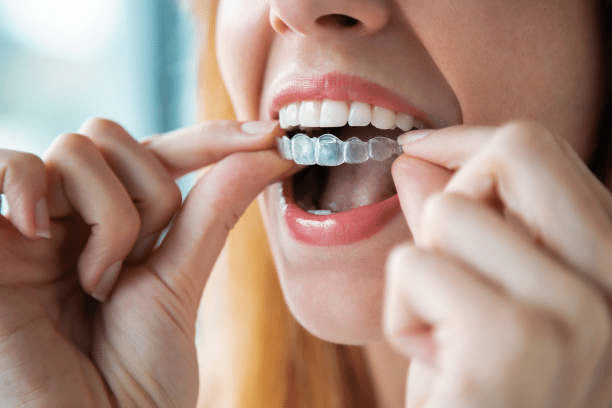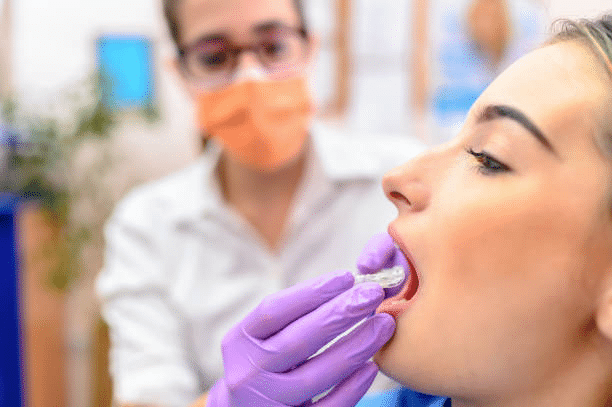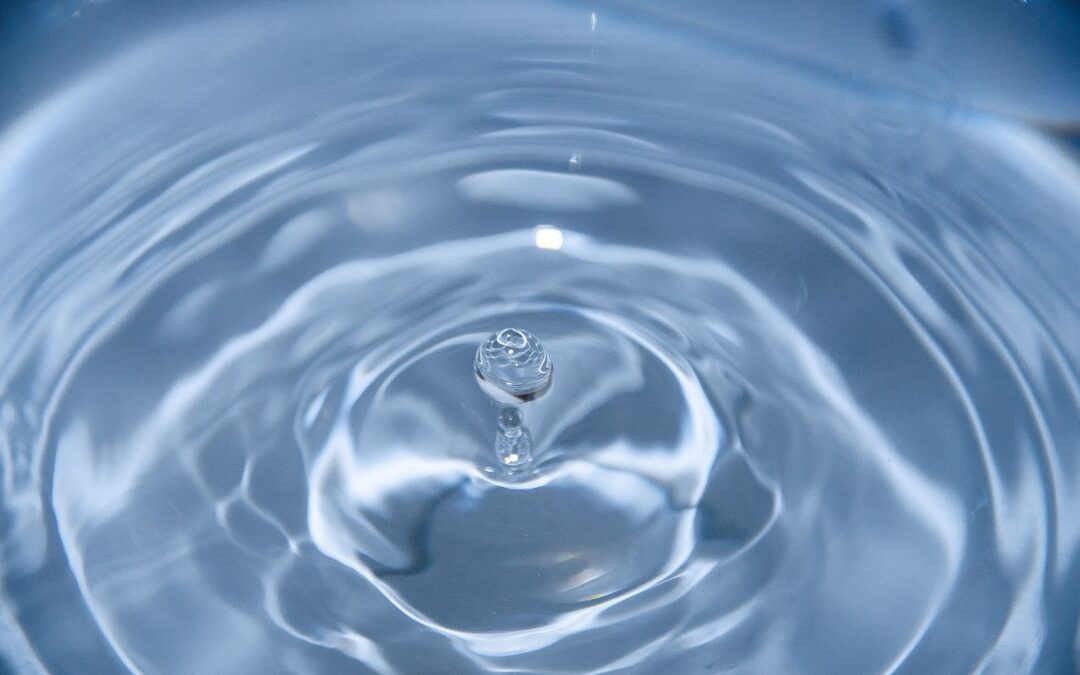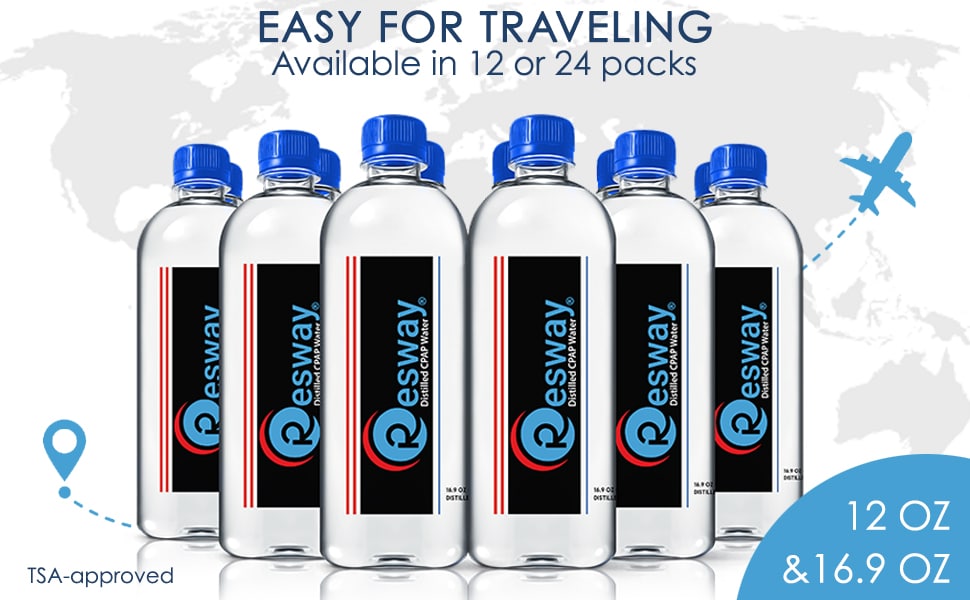CPAP and dental health are interconnected in ways that affect our overall well-being. Explore the relationship between CPAP therapy, sleep apnea, and oral health in this comprehensive guide.
Understanding Sleep Apnea and Its Impact on Dental Health
Sleep apnea, a sleep disorder characterized by pauses in breathing during sleep, comes in various forms, with obstructive, central, and complex sleep apnea being the primary classifications.
- Obstructive sleep apnea (OSA): The most prevalent type, occurs when the muscles at the back of your throat relax excessively, causing a temporary blockage of the airway.
- Central sleep apnea: Involves a failure of the brain to transmit the appropriate signals to the muscles responsible for breathing.
- Complex sleep apnea syndrome: Also known as treatment-emergent central sleep apnea presents as a combination of both obstructive and central sleep apnea elements.
Signs and Symptoms
Beyond its impact on sleep quality and daily functioning, sleep apnea can exert significant effects on your oral health. The repeated interruptions in breathing associated with sleep apnea can lead to a dry mouth, which not only contributes to discomfort but also creates an environment conducive to dental issues. Saliva plays a crucial role in neutralizing acids and preventing tooth decay, making its reduction a cause for concern.
Bruxism and Dental Health
One notable consequence of sleep apnea’s impact on dental health is bruxism, a condition characterized by teeth grinding and clenching during sleep. Bruxism often occurs as the body’s response to the airway blockages and disruptions in sleep patterns associated with untreated sleep apnea. Over time, bruxism can lead to dental problems such as enamel erosion, tooth sensitivity, and even damage to dental restorations.
Learn more here: CPAP Therapy and Bruxism: How CPAP Reduces Teeth Grinding
Now, What is The Role of CPAP Therapy?
CPAP therapy emerges as a pivotal solution in safeguarding dental wellness for individuals grappling with sleep apnea. This therapy focuses on the heart of sleep apnea by maintaining an open and unobstructed airway during sleep, consequently alleviating the impact of sleep apnea on oral health.
CPAP therapy involves the use of a specialized device that delivers a constant stream of pressurized air through a mask, ensuring that the airway remains unobstructed. By applying a gentle pressure, CPAP prevents the airway from collapsing or becoming restricted, thus allowing for uninterrupted breathing. The resulting improvement in oxygen intake and undisturbed sleep patterns contribute significantly to mitigating the adverse effects of sleep apnea on your dental health.
With improved sleep quality, your body can engage in the essential processes of repair and rejuvenation, supporting your oral health and beyond. Moreover, CPAP therapy indirectly aids in maintaining dental health by reducing the risk factors associated with sleep apnea-related complications. By curbing sleep apnea’s detrimental impact on your body, CPAP contributes to the prevention of issues like bruxism, dry mouth, and increased susceptibility to gum disease. As a result, a healthier mouth becomes an achievable goal through the integration of CPAP therapy.
CPAP Therapy Considerations
While CPAP therapy proves invaluable in managing sleep apnea and its impact on dental health, it’s important to address potential dental considerations that may arise from its use.
One common concern is the potential discomfort or changes that CPAP use may introduce to the oral cavity. The presence of the mask, straps, and airflow can sometimes lead to temporary issues such as dry mouth, oral irritation, or even minor pressure points on the gums.
How To Manage Dental Discomfort
To mitigate potential dental discomfort associated with CPAP use, consider these practical strategies:
- Maintain Proper Hygiene: Regular oral hygiene practices are crucial. Ensure that your teeth and gums are clean before putting on the CPAP mask to reduce the risk of irritation or infection.
- Stay Hydrated: Adequate hydration can help counteract dry mouth, a common side effect of CPAP therapy. Drink water regularly to maintain moisture levels in your mouth.
- Mask Fit: Ensure that your CPAP mask fits correctly to minimize pressure points and oral discomfort. Consult with your CPAP provider to ensure the proper fit.
- Moisturize: If dry mouth persists, consider using a humidifier as part of your CPAP setup. This can alleviate dryness and discomfort during therapy.
Sleep Apnea Mouth Guards For Dental Solutions

As part of oral appliance therapy, sleep apnea mouth protectors address the primary cause of Obstructive Sleep Apnea (OSA). During sleep, the flexible tissue in the back of the esophagus typically collapses, causing this obstruction. With OSA, the airway becomes obstructed, decreasing the quantity of oxygen delivered to your organs, including the heart and brain.
The primary purpose of a sleep apnea mouth guard, whether it’s a Mandibular Advancement Device (MAD) or a Tongue Retaining Device (TRD), is to maintain an open airway.
- MADs shift the lower mandible forward, enlarging the upper airway and decreasing the air resistance that causes sleep apnea.
- TRDs support the tongue in position, preventing it from sliding back into the pharynx and obstructing the airway.
It is crucial to note that while mouth protectors can be highly effective in treating mild to moderate sleep apnea, they may not be appropriate for severe cases. Continuous Positive Airway Pressure (CPAP) therapy may be preferable in such situations.
The decision between a CPAP machine and sleep apnea mouth protection is heavily influenced by the severity of your sleep disorder and your comfort level. Numerous individuals find mouth shields more pleasant and less intrusive than CPAP appliances. However, this decision must be made in consultation with a sleep specialist or primary care physician who can provide guidance based on your specific condition and treatment requirements.
The effectiveness of mouth guards for sleep apnea also depends on their consistent use. As with CPAP therapy, consistency is essential for oral appliance therapy. Both treatments seek to improve sleep quality, decrease daytime sleepiness, and ultimately improve your health and well-being.
Different Types of Sleep Apnea Mouth Guards
When treating sleep apnea with oral appliances, there are three main types of mouth guards to consider: Mandibular Advancement Devices (MADs), Tongue-Retaining Devices (TRDs), and Soft Palate Lifters.
Mandibular Advancement Devices (MADs)
The most common dental devices used to sleep apnea treatment. They resemble sports mouth shields and are custom-made by dentists or sleep medicine specialists. These devices shift the lower mandible forward and slightly downward, enlarging the upper airway.
This reduces the air resistance that contributes to sleep apnea. Typically, they treat OSA, exceptionally average obstructive sleep apnea.
Tongue-Retaining Devices (TRDs)
These oral device prevent the tongue from sliding back into the esophagus and causing an obstruction by holding it in position. TRDs are less commonly used than MADs but may be recommended for patients who cannot use them effectively.
Soft Palate Lifters
A form of an oral appliance that prevents the soft palate from compressing and obstructing the airway during sleep by holding it in place. Although these are less frequently used than MADs or TRDs, they are an option for some patients.
Various factors, such as the severity of your sleep disorder, the structure of your mandible and tongue, and your personal comfort, must be considered when selecting an appropriate mouth guard for sleep apnea.
Assessing the Efficacy Of Mouth Guards For Sleep Apnea
Mouth guards for sleep apnea can be an effective treatment option for many individuals, but they are not appropriate for everyone. These oral appliances are frequently prescribed to patients with mild to average sleep apnea. They are also considered for individuals who cannot tolerate CPAP machines or prefer a more portable and discrete solution for their sleep disorder.
Sleep medicine specialists or dentists custom-make mouth protectors to ensure a proper fit, which is crucial to their effectiveness. As sleeping on the back or stomach tends to exacerbate sleep apnea, these devices are effective for individuals who sleep in these positions. However, they may be less effective for individuals who sleep on their sides.
Although sleep apnea mouth protectors have demonstrated significant efficacy in treating OSA, they may not be effective for patients with severe or central sleep apnea. CPAP therapy or alternative treatment options may be more appropriate in such circumstances.
Furthermore, individuals with certain dental conditions, such as periodontal disease or a weak mandible, may not be suitable candidates for oral appliance therapy, as mouth shields may exacerbate these conditions.
Choosing a mouth protector for sleep apnea should also consider your comfort and lifestyle. Many individuals find mouth shields a more convenient and pleasant alternative to CPAP appliances. Because they are simple to use, sanitize, and transport, they are ideal for frequent travelers.
Suppose you have attempted a mouth guard and found it uncomfortable or ineffective at enhancing your sleep quality and reducing daytime fatigue. In that case, it may be time to consider alternative treatments. These may include adjustments in lifestyle, positional therapy, or other sleep apnea devices.
The Benefits and Risks of Using Sleep Apnea Mouth Guards
Sleep apnea mouth shields have several advantages, especially for those with mild sleep apnea. Primarily, they are intended to maintain an open airway during sleep, thereby reducing occurrences of apnea and enhancing overall sleep quality.
Many individuals find mouth guards more pleasant and less intrusive than CPAP machines, increasing the likelihood of consistently using the device. They are also portable, and simple to maintain, making them particularly alluring to frequent travelers.
Despite their many advantages, it is crucial to be aware of the potential risks and adverse effects associated with mouth guards. Initially, some users may experience discomfort, notably in the jaw, teeth, or gums. There may also be excessive salivation or oral dryness.
Long-term use of a mouth guard may result in alterations to the mandible’s alignment or the teeth’ position.
Safety Considerations
A commonly asked question about mouth guards for sleep apnea is: “Are they safe?” The short answer is yes; mouth guards for sleep apnea are generally safe for most individuals suffering from mild to moderate obstructive sleep apnea.
These oral appliances are non-invasive and can be an excellent alternative to more invasive treatments such as surgery or a CPAP machine. They are designed to help maintain an open airway during sleep, which can alleviate sleep apnea symptoms, including chronic snoring and daytime fatigue.
To ensure safety, getting a custom-fitted mouth guard from a qualified dentist or sleep specialist is vital. Over-the-counter options might not fit properly, potentially leading to discomfort or reduced effectiveness.
Prescription and Selection

Suppose you are considering a sleep apnea mouth guard as a treatment option. In that case, it’s essential to know that prescription oral appliances for sleep apnea are typically only available through a dentist or a sleep specialist.
To obtain a prescription sleep apnea mouthguard, you will typically need to undergo a sleep study to confirm your diagnosis of obstructive sleep apnea. Once your diagnosis is confirmed, your sleep physician or dentist will take a mold of your teeth to create a mouth guard that fits your mouth perfectly.
Choosing the right sleep apnea mouth guard requires consideration of several factors. Each type of mouth guard works slightly differently and may be more or less suitable depending on your specific symptoms and anatomy.
Comfort is another crucial factor to consider. The mouth guard should fit well and feel comfortable in your mouth, as you will wear it every night. Some people may need a period of adjustment to get used to wearing the device.
Finally, your insurance should also consider the cost and coverage of the device. Some insurance companies cover the cost of oral appliance therapy for sleep apnea, but this varies depending on the specific policy.
Maintenance of Sleep Apnea Mouth Guards
Sleep apnea mouthguards, like any dental appliance, require regular cleaning and maintenance to ensure effectiveness and longevity.
You should clean your mouth guard daily. This routine helps to eliminate bacteria, plaque, and any residual saliva or food particles that might have accumulated on the device. Most manufacturers recommend using a soft toothbrush, non-abrasive toothpaste, or a specialized cleaning solution to clean your mouth guard.
However, it’s always best to follow the specific cleaning instructions provided by your dentist or the device manufacturer.
In addition to daily cleaning, consider soaking your mouthguard in an antibacterial solution at least once a week. This deep cleaning can further ensure the cleanliness and safety of your device.
Remember to thoroughly rinse your mouthguard with water after every cleaning before placing it back in your mouth or storage case. This step removes any residue from the cleaning solution, which could irritate your mouth or alter the taste.
Regular inspection of your mouthguard is equally essential. Look for signs of wear and tear, such as cracks, thinning, or changes in the fit. If you notice these signs, consult your dentist or sleep specialist immediately. Your device may need adjusting or replacing to continue providing effective treatment.
Collaboration Between Dentists and Sleep Specialists
The journey through the intricate connection between CPAP therapy, sleep apnea, and dental health underscores the significance of a collaborative approach. Maintaining a healthy smile and overall well-being requires the synergy between dental professionals and sleep specialists, each contributing their expertise to ensure comprehensive care.
For those looking to further enhance their CPAP experience, don’t miss out on the variety of CPAP accessories available. Whether it’s for comfort, maintenance, or optimization, there’s something for every user.
What did you find most insightful in this piece?




